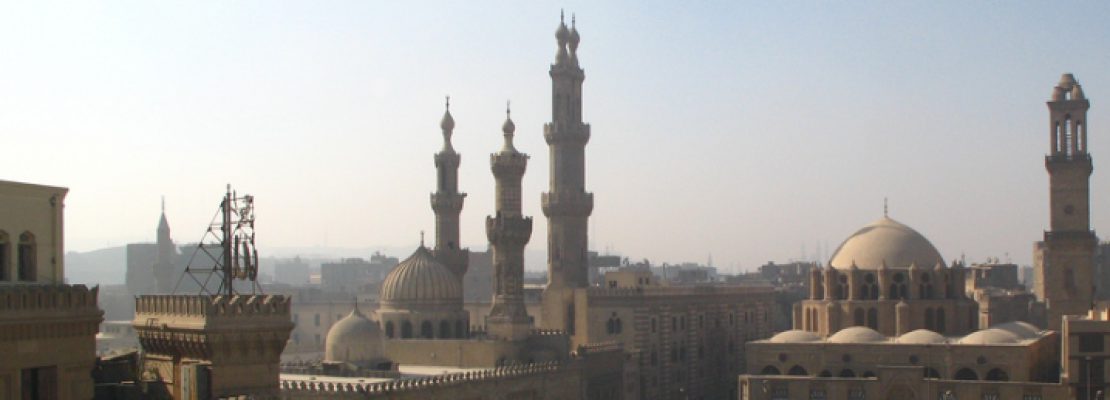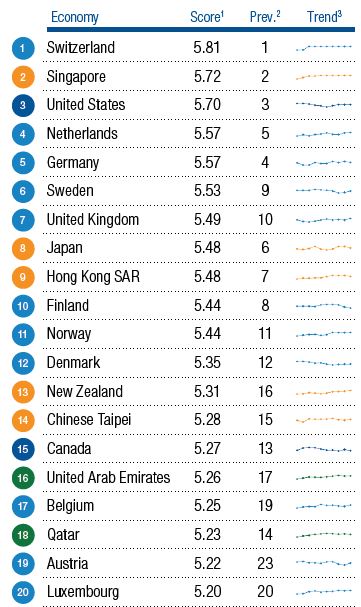
Global Competitiveness Index 2017
Article Overview
In the annual Global Competitiveness Report produced by the World Economic Forum, no Organisation of Islamic Cooperation (OIC) country made it into the top 15 with previously ranked Qatar dropping from ranking 14 to 18.
South Asia continues its upward trend and competitiveness improved in most economies in the region whilst the Middle East and North Africa region continued to experience significant instability in geopolitical and economic terms as spill over effects from the conflicts in Libya, Syria, and Yemen are undermining economic progress in the entire region. The performance of Islamic countries reflects stressed government finances and slow global growth.
The Middle East and North Africa region continues to experience significant instability in geopolitical and economic terms as spill over effects from the conflicts in Libya, Syria, and Yemen are undermining economic progress in the entire region. Instability is also being created by the uncertain future of energy prices after recent falls, which affect the region’s countries in different ways. Oil-exporting countries—which include Algeria (87th), Bahrain (48th), the Islamic Republic of Iran (76th), Kuwait (38th), Oman (66th), Qatar (18th), Saudi Arabia (29th), the United Arab Emirates (16th), and Yemen (138th)—are experiencing lower growth, higher fiscal deficits, and rising concerns about unemployment. Growth in Gulf Cooperation Council (GCC) economies averaged 5.2 percent between 2000 and 2012, but fell to 2.5 percent in 2015. The forecast for 2016 is also 2.5 percent,16 and rising oil supplies are expected to keep prices low and limit growth expectations for the coming years.
South Asia continues its upward trend and competitiveness improves in most economies in the region, which is experiencing positive economic momentum, and in 2016 is set to grow more quickly than China for the first time in more than 20 years. Over the past decade, the subcontinent has focused on improving overall health and primary education levels and upgrading infrastructure, areas of particular importance for future diversification and preparedness given the resource-driven nature of the regional economies.










